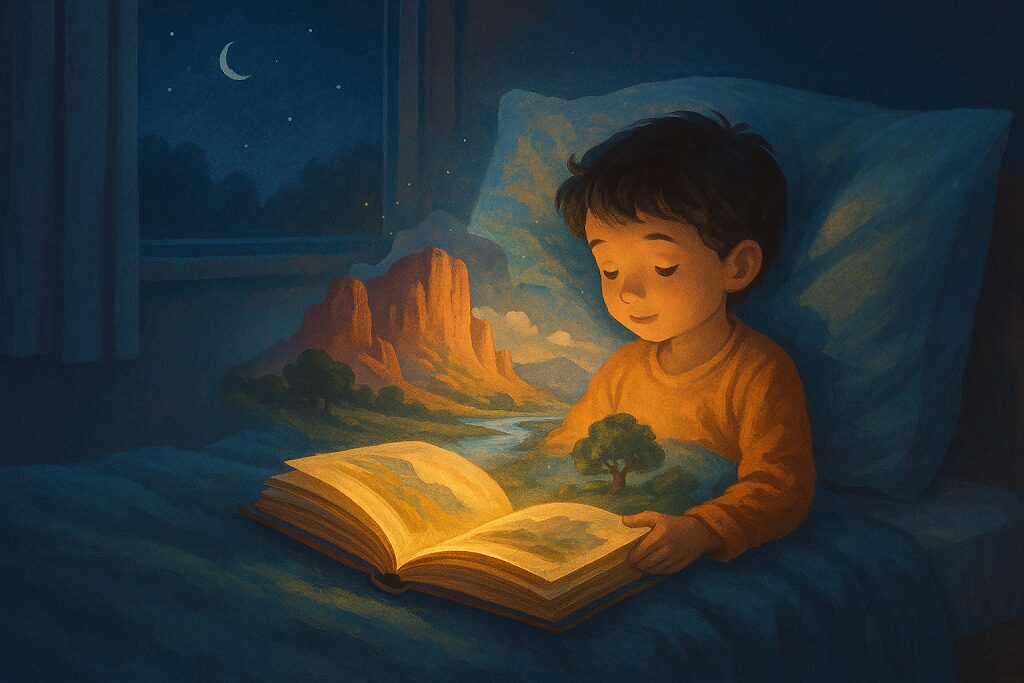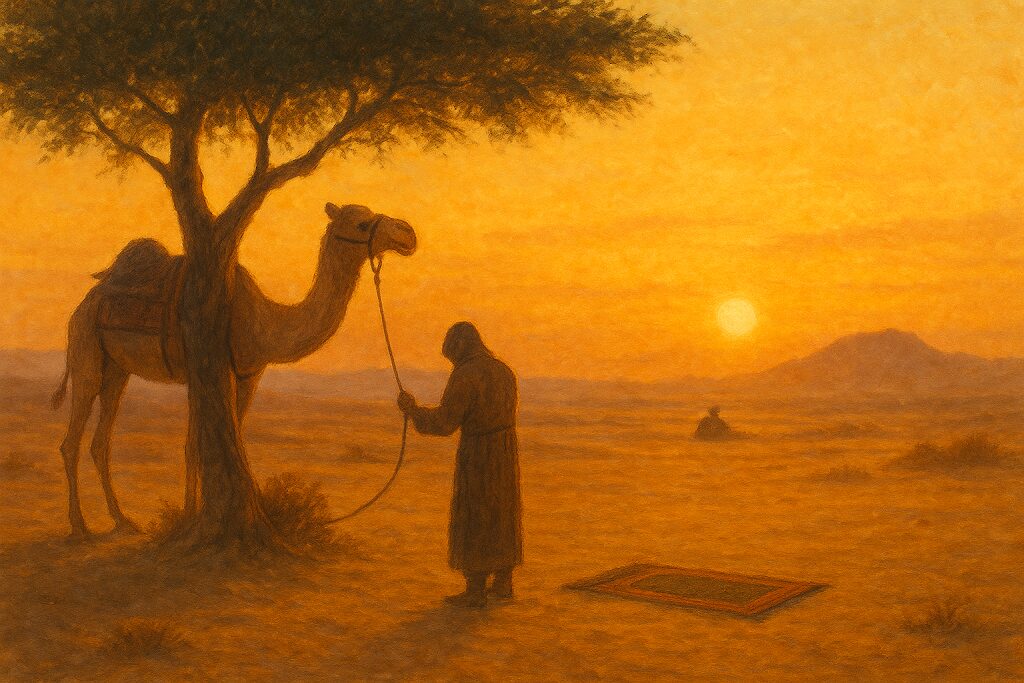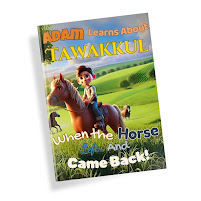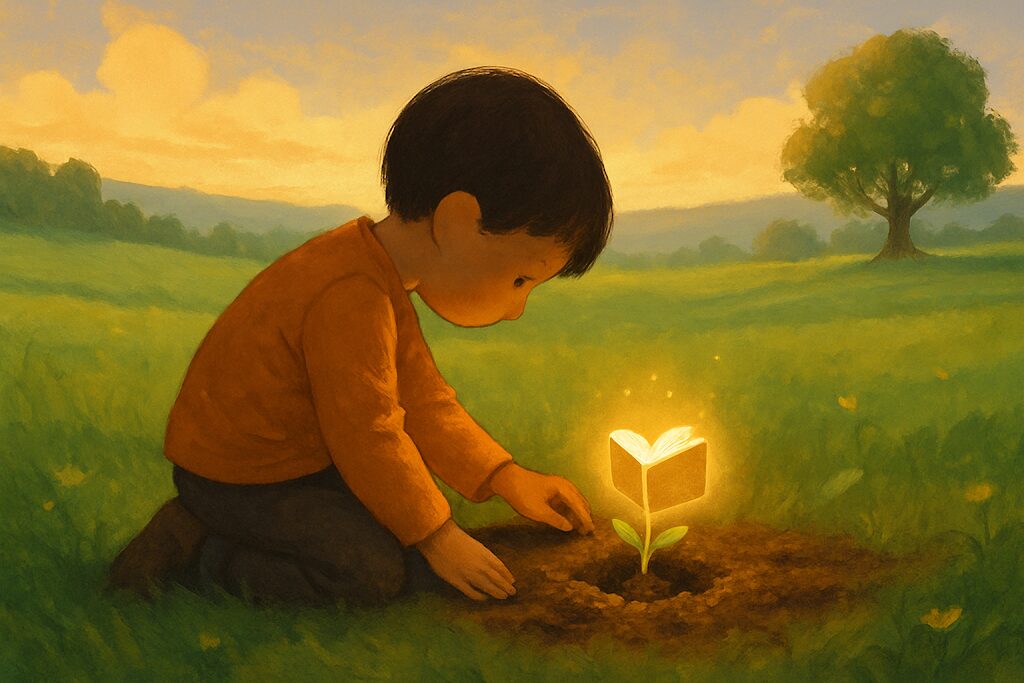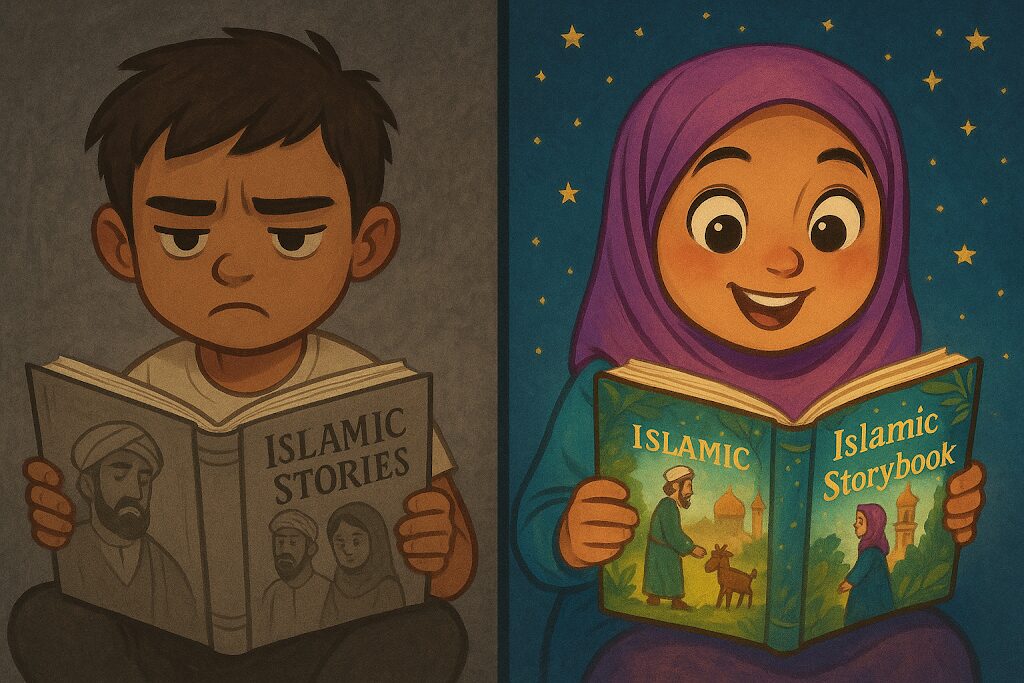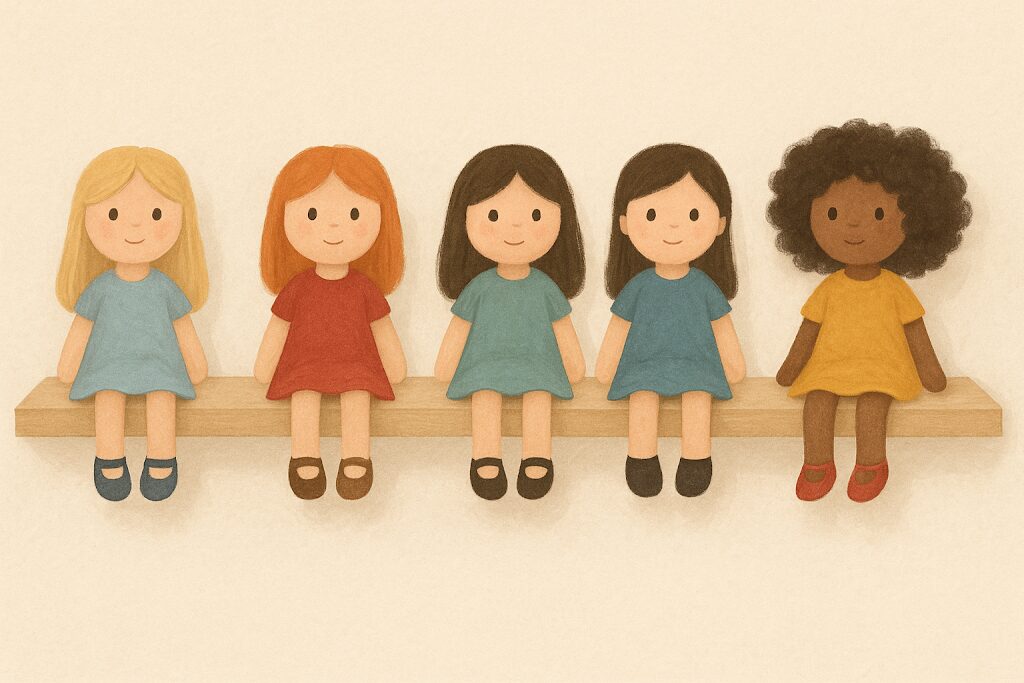Many of us grew up in households where religion became this huge burden.
We weren’t doing things for God or a higher power anymore — it became just about pleasing the community, doing what was ‘right’ to elevate social status, and what not.
On our way to status and power, a whole generation of parents lost kids.
So… is spirituality the way to go?
Spirituality and Its Many Definitions
Spirituality is defined in many different ways, depending on who you ask.
There’s no shortage of currents, dogmas, sub-sects, or spiritual brands out there.
Some people find their meaning in nature.
Some in meditation.
Some through ancient texts or sacred storytelling.
But at the end of it all, we’re really just left with two things:
Common sense and a deep longing for connection with something bigger than ourselves.
And most people — regardless of faith or background — agree on a few things:
A good person is courteous, kind, helpful.
A good path brings peace, not pressure.
A good home feels safe — spiritually, emotionally, mentally.
So maybe spirituality isn’t about what label you wear.
Maybe it’s about whether your path brings you back to compassion.
Whether it helps you raise your kids with calm instead of control.
With meaning instead of performance.
With connection instead of compliance.
Those Old Stories We Grew Up With
For those of us who grew up partly without television, we remember a different kind of storytelling.
When imagination lived around the fire or under a blanket fort.
When someone in the family had a story that wasn’t in a book — but still had more wisdom than anything we could stream.
And somehow, those stories always had a moral.
They were rooted in human experience.
They came from cultures, peoples, and civilizations that knew how to pass on wisdom through wonder.
Mayous Stories Take Us Back to That Time
We don’t write stories to impress or to preach.
We write stories to bring people back to that kind of quiet wisdom.
At Mayous, our storybooks are inspired by timeless tales — the ones that raised generations to be thoughtful, kind, and curious.
We simply tie those stories back to something higher — through soft references to scripture, like verses from the Qur’an — not to convert or instruct, but to root the story in something sacred.
So whether you believe in God, the universe, or something in between —
whether you’re spiritual-but-not-religious, or just looking for resources to raise kind-hearted, emotionally intelligent kids —
these stories were written for you.
Want Storytelling That Actually Feeds the Soul?
👉 Subscribe to our newsletter and receive a beautifully illustrated storybook that teaches calm, courage, and compassion — all without preaching.
👉 Browse our book catalog — and find a story that feels like it’s always belonged on your shelf.
